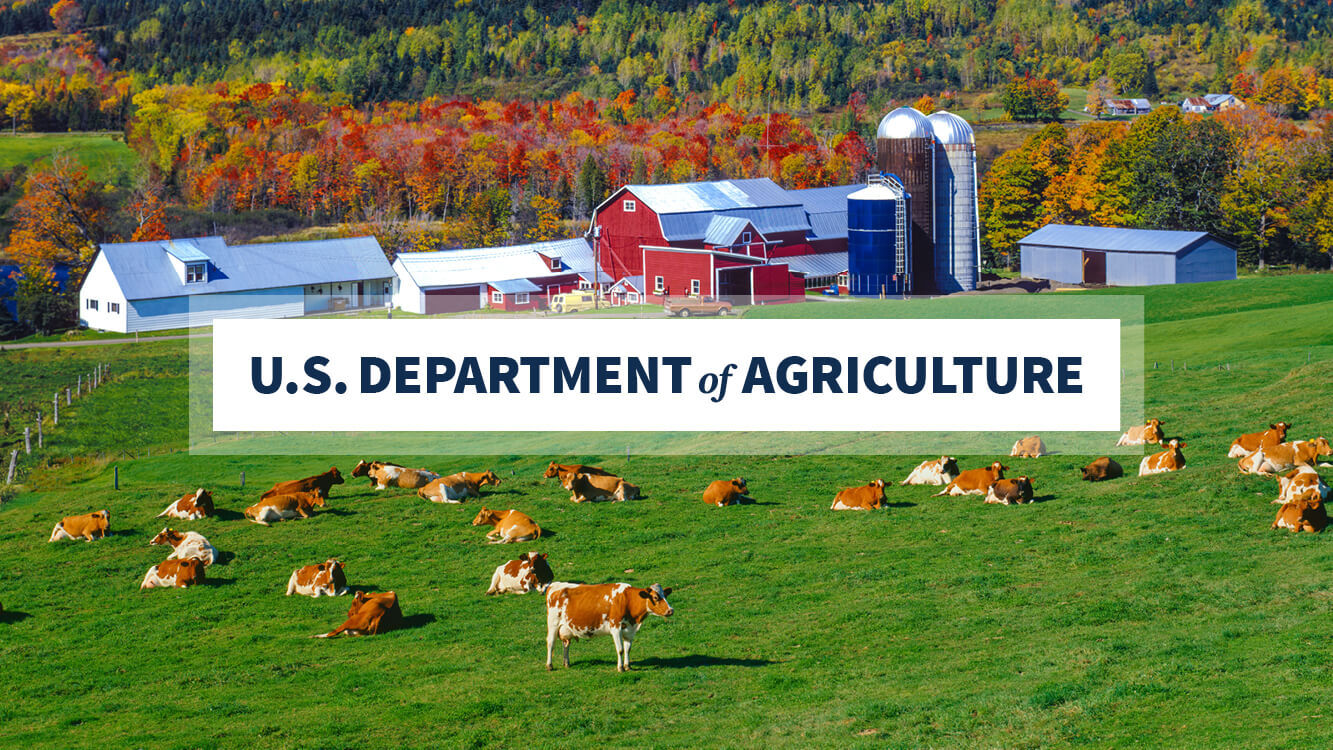The Food Standards Agency (FSA) has dropped some proposed plans as part of updating food hygiene controls following a consultation.
Several stakeholders raised concerns about a new scoring system and frequencies of planned official controls. They would have applied in England, Wales, and Northern Ireland. FSA said the plans will not be progressed as costs and timescales outweigh the potential benefits.
Issues included extended frequencies for compliant lower-risk businesses being too long, which could lead to a decline in standards and reduce consumer confidence in the Food Hygiene Rating Scheme (FHRS).
However, respondents said rates for high-risk and non-compliant establishments were too short and did not provide enough time to rectify issues or demonstrate sustained improvements.
In Wales, local authorities said they already focus official controls based on risk, adding the proposal was “excessive and overcomplicated the system”.
The next milestone of the project was to pilot planned developments, but this has been postponed.
Many councils said they face “significant and pressing” resource challenges. Other respondents included the Chartered Institute of Environmental Health (CIEH), Institute of Food Science and Technology (IFST), Marston’s PLC, Costa, Highfield group, and UK Hospitality.
Feedback highlighted the need to update the FSA’s online Register a Food Business system to help collect more data to assist local authorities with handling newly registered firms.
Feedback on a range of other ideas
Mixed views were submitted on allergen plans, with some in support but others saying it should fall under food standards controls or that it would lead to an increase in non-compliance and require significant training for officials to be assessed consistently.
While some agreed with food safety culture being considered as part of confidence in management, others said it was subjective and difficult to assess consistently.
Some comments on remote techniques backed their proposed use. However, other stakeholders said remote assessment should be limited to unavoidable circumstances, such as re-visits. Others did not support using remote methods at all, adding that only physical official controls could verify compliance sufficiently to award an FHRS rating.
Some respondents, including those from industry, said that Primary Authority partnerships and membership in a third-party assurance scheme should also be considered. However, others questioned the independence of some third-party assurance data.
FSA said it would refine proposals around flexibility on who can do official controls and other activities and then hold another consultation. Related feedback stated that instead of diluting qualification requirements, the focus should be on upskilling officers and ensuring councils are properly resourced.
The Achieving Business Compliance (ABC) Program also looks at modernization of the food regulatory system and may consider longer-term reform in some related areas.
(To sign up for a free subscription to Food Safety News, click here.)
Note: This article have been indexed to our site. We do not claim legitimacy, ownership or copyright of any of the content above. To see the article at original source Click Here













